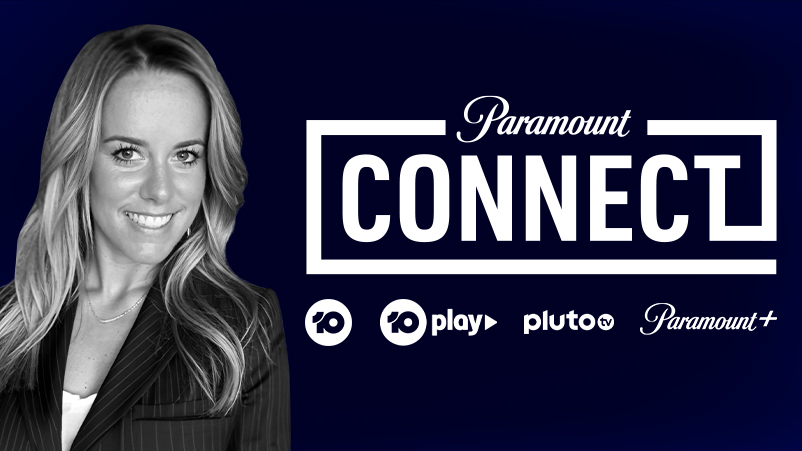“Fling Peddlers”: Get over anonymous trade comments for a smarter, less vitriolic industry

“Now more than ever, global advertisers demand greater clarity and confidence in their digital investments,” Mark Zagorski, CEO of DoubleVerify, says.
Outrage, nark and constant negativity in comment threads is a terrible proxy for audience engagement, even for trade media. Everyone's talking about disruption so how about industry and publishers walk the talk with a trial in which comments require a log-in. Something - and someone - has to give. It's time.
Round and round we go. Industry debate in Australian trade press still holds the international benchmark for negativity, vitriol and nark in reader comment threads.
The Communications Council has some rather unflattering numbers on that front for those into their data.
Most international visitors from media, marketing, agencies and technology are boggle-eyed at the negativity and vitriol the Australian industry flings at itself. Some trade titles make flinging too easy.
It’s hardly a global leadership position we should be proud of.
But more importantly, it’s not making for a more intelligent sector that must future-proof itself with considered, constructive and challenging conversations to tackle the headwinds of massive structural change we’re all grappling with.
The key arguments for keeping anonymous comments during a closed-door meeting last week of senior industry figures and trade publishers were tired and weak.
WPP’s John Steedman, who is about to be named group Chief Operating Officer (COO) under new CEO Jens Monsees, started a campaign to lift standards in trade press commentary last year. He backs a log-in mechanism before anyone can comment, the position Mi3 launched with in April last year. B&T and AdNews have a similar policy. Mumbrella and Campaign Brief remain open gateways.
The pro-lobby for anonymous comments make a couple of central arguments: anonymity gives people – younger people apparently – who are not in positions of power and privilege a protected voice to challenge establishment spin without fear of recrimination. That one is tired and tenuous.
But there’s also a little of the now challenged Silicon Valley libertarian worldview still bubbling under the surface which says the internet and information should run free and unregulated, no matter the cost or fallout. It’s been central to the social platforms' advance for a decade but is now getting serious regulatory and civil blowback.
Ironically, industry media is now facing the same issues as mainstream media companies and publishers, driven by the largely unregulated outrage culture and goldfish-sized attention spans in social media. The knock-on effect is an aversion to meaningful debate - right when we need it most.
For trade media, the fastest way to sift gold from the sludge and reset the industry’s expectations and standards for robust, challenging but considered conversations is a log-in mechanism to comment. Those against the idea of a log-in say it will just be gamed by all, or many. Not true. In my experience it serves as an early filter for those who are not trolling as a professional bloodsport.
Logging in to fling a throwaway line requires more effort than a free-for-all comment thread and drives more accountability back to the individual. Newsmedia mastheads like The Australian, The Sydney Morning Herald and The Age already do it well.
We should all be doing a much better job at fostering smart, civil yet challenging industry discourse. A log-in policy for audience comments would go a long way very quickly to lifting industry standards, but I have doubts the likes of Mumbrella will go for it - the risk of a hit to traffic volumes could be too much to cope with. If I’m wrong, great. It needs to happen.
Mumbrella’s resistance, though, does seem strikingly in-step with social media companies, which are being brought dragging and screaming to more civility because there’s a hit to their audience metrics and libertarian dogma. Outrage, nark and constant negativity in comment threads is a terrible proxy for audience engagement, even for trade media.
For all the talk of mental health and the responsibility that much of the trade press likes to push back on senior industry figures to fix, there is a certain duplicity to the begrudging and slow acceptance of some trade publishers about their role in peddling the negative and nasty.
There was talk at last week's industry pow wow about an industry fund to help independently resource comment moderation on trade sites - the intent was reasonable but it all but incentivises the bad actors while those holding higher standards are a sideline play. A better alternative would be to somehow incentivise those taking a more constructive position.
The likely outcome at this stage is a set of industry comment guidelines enforced by trade publishers. Again, there are really only two that need to lift their game and it's damning that it has taken 10 years to get to this point.
The defence arguments have been mostly self-serving, so it will be interesting to see how far the broader industry is willing to push, disrupt and lift the current state of user commentary. Form would suggest nothing will change. This is the same debate of a decade ago.
Yes, it’s time to snap convention and expectations with some meaningful effort from publishers, but good luck with that. The collateral damage to audience metrics could be too great a cost.


